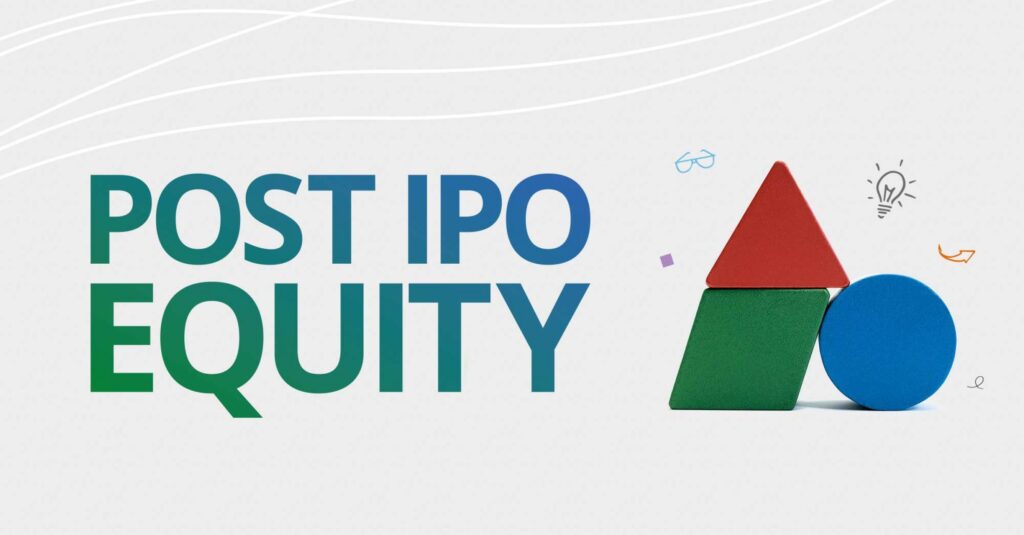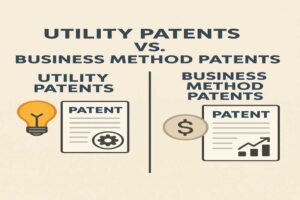After an IPO, a company’s stock begins trading on a public stock market or exchange, and its price can rise or fall depending on a variety of factors, including market conditions, investor sentiment, and the company’s financial performance.
Typically, in the days and weeks following an IPO, the stock price may be volatile as investors react to the new supply of shares on the market and try to determine the company’s true value.
The price may also be affected by the lock-up period, which is a period of time during which certain shareholders, such as company insiders and early investors, are prohibited from selling their shares.
Over the longer term, the company’s stock price will be driven by its financial performance, growth prospects, and other factors. If the company performs well and meets or exceeds investor expectations, its stock price is likely to rise. On the other hand, if the company performs poorly or faces challenges, its stock price may decline.
Investors who buy shares in an IPO should be prepared for volatility in the short term and should carefully evaluate the company’s long-term prospects before investing. It’s also important to note that investing in individual stocks carries risks and that diversification is an important strategy for managing risk in a portfolio.







